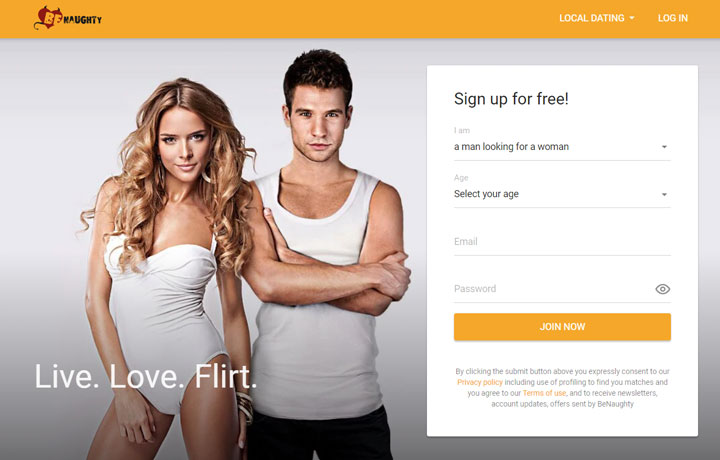“Trauma dumping” refers to the act of sharing deeply personal and traumatic experiences, often in a way that may feel sudden or overwhelming to the listener. This can be a complex issue in dating, and whether it’s considered a “red flag” can depend on various factors. Let’s break it down:
Context and Timing:
- Early Stages of Dating: Sharing intimate details about personal trauma very early in a relationship might be seen as a red flag by some. It could indicate a lack of boundaries or an attempt to create rapid intimacy.
- Later in a Relationship: As a relationship develops, sharing personal or traumatic experiences may become an essential part of building trust and intimacy. The key is that this sharing should feel appropriate to both parties in terms of timing, context, and emotional readiness.
Intent and Reciprocity:
- Emotional Dumping: If one person shares traumatic experiences in a way that feels like “dumping” without regard for the other person’s comfort or readiness to hear it, that could be concerning.
- Mutual Sharing: Sharing personal experiences, even traumatic ones, can be part of a healthy, developing relationship if it’s done with care, consent, and mutual respect.
Response to Boundaries:
- Respecting Boundaries: If one person starts to share something heavy and the other person is not ready to hear it, expressing that boundary should be respected. If the sharer continues to dump without regard for the other’s feelings, that could be a red flag.
- Clear Communication: Being able to communicate about what feels comfortable and safe in terms of sharing personal details can be a sign of a healthy, respectful relationship.
Conclusion:
Trauma dumping can potentially be a red flag in dating, particularly if it happens very early on, is one-sided, or continues despite expressed boundaries. However, it’s essential to recognize that every relationship is unique, and what might be a red flag for one person may not be for another.
If you find yourself in a situation where you feel uncomfortable with what’s being shared, it’s often best to communicate your feelings openly and honestly. If needed, professional help from a therapist or counselor could also provide support in navigating complex emotional dynamics in a relationship.


